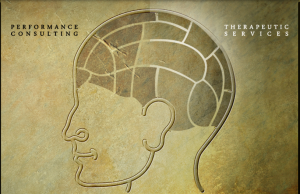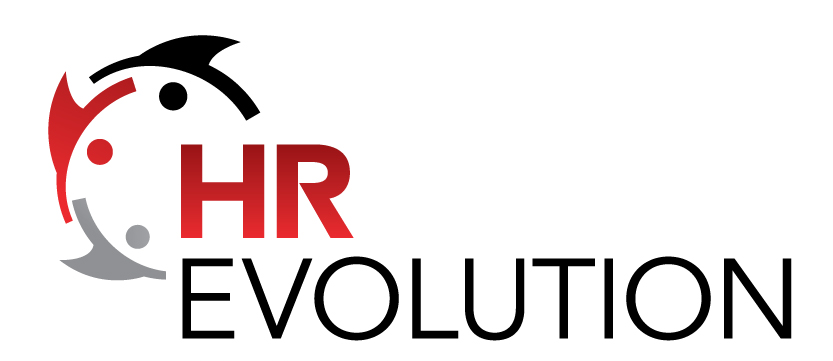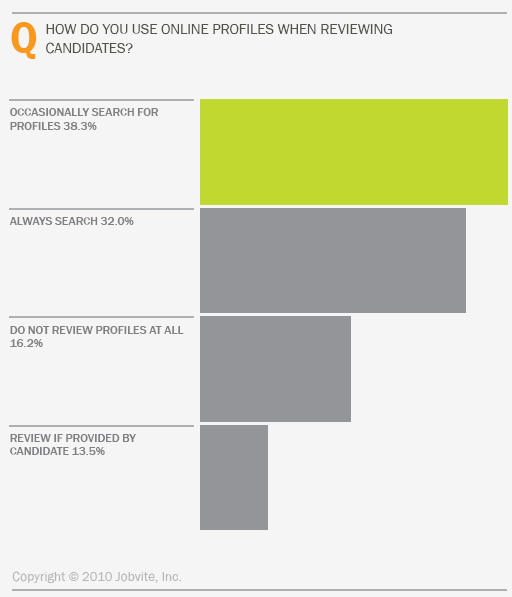I’m running a series on some of  the companies I’ve interacted with that I think are worth mentioning. It’s not exhaustive, but I’ve been meaning to share these things for a while now. With that, let’s roll…
 CAREEREALISM
CAREEREALISM
Who they are
CAREEREALISM is a company that was founded by the career coach J.T. O’Donnell. J.T. is a fantastic person who I’ve had the pleasure of interacting with, and I’ll never forget the first thing she said to me that showed me her true character. I asked her who the “head honcho” was at her company, and she replied with this great quote:
“I’m the founder… So, while I may be technically ‘in charge.’ the company is actually governed via the team’s efforts.”
I knew right away that she was going to be a great person to interact with. The company as a whole is made up of a small team of people working on their website and other programs.
What they do
So, they obviously have a website, but what else is there? Well, for a long time, there was a cool program called “TAP” where a few trusted people (somehow I weaseled my way onto that list) would give advice via Twitter on different career questions. Eventually that played itself out (after we ended up answering over 500 questions!), and they moved onto other way cooler programs like the CAREEREALISM Club.
This thing is amazing. There are hours and hours of videos, recorded webinars, and other resources to help job seekers find their dream career. Plus, the free eBooks, personalized career coaching, and interaction/support from other job seekers are nothing to laugh about. Every week there are live chats on the private network where you can ask questions, share war stories, and learn more about getting a job than you could ever use.
In short, check it out.
Why you need it
If the features above don’t sell it for you, let’s look at a few more. If you are looking for a job, there are so many things that you don’t know. It’s not like you spend your time finding out the best ways to apply for jobs or where to go for networking tips that are more than “here’s a resume/business card/something to throw in the trash.” The CAREEREALISM Club is described by J.T. as a “Career HMO.”
Another neat benefit is that it takes it further than just getting a job. It gives you help with what to do once you start the job like managing your boss, setting expectations, and making a great impression on your new coworkers.
If you are looking for the career resource to help you find and get that next job, then I highly recommend that you check out CAREEREALISM Club today.
Stay tuned, because I’ll be bringing you more recommended resources in the coming weeks!



 HRevolution seems like it’s so far off. It’s been four months since the last event, and we’re still working on what we want it to look like in 2011. One thing we’re sure of? It will be better than ever.
HRevolution seems like it’s so far off. It’s been four months since the last event, and we’re still working on what we want it to look like in 2011. One thing we’re sure of? It will be better than ever. 